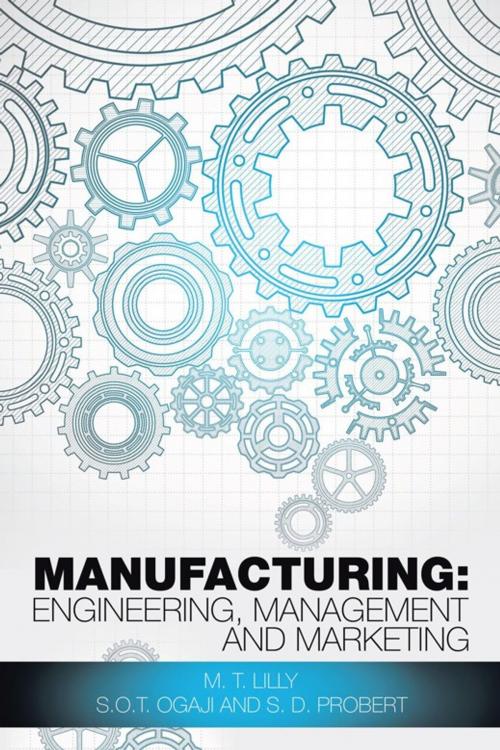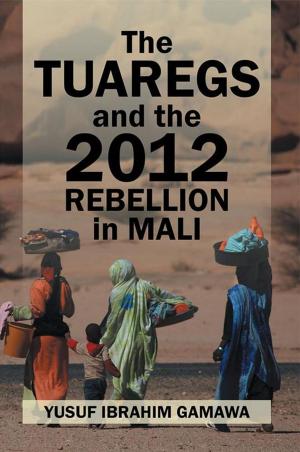| Author: | M. T. Lilly | ISBN: | 9781482808421 |
| Publisher: | Partridge Publishing Africa | Publication: | September 9, 2015 |
| Imprint: | Partridge Publishing Africa | Language: | English |
| Author: | M. T. Lilly |
| ISBN: | 9781482808421 |
| Publisher: | Partridge Publishing Africa |
| Publication: | September 9, 2015 |
| Imprint: | Partridge Publishing Africa |
| Language: | English |
In a developing country like Nigeria, the available land is plentiful but is relatively more expensive in city areas like Abuja, Lagos, and Port Harcourt. Hence, to reduce cost, land outside the cities is often sought. In Nigeria, labor is cheap per hour, but it becomes more expensive as one moves toward the cities. Nevertheless, to reduce overall costs, transportation costs should be reduced, so the site of the factory should be close to a large market for its products. In developed countries, government policies influence significantly the locations of factories. For instance, factories are set up in high-unemployment areas to comply with the national development policy for the country. In Nigeria, the sitting of a factory is often based on political rather than management considerations. Therefore, many government-owned companies exist in economically nonviable locations, for example, the refinery and the fertilizer plant at Kaduna. However, private investors prefer to start companies in their own localities. Reliable electricity supplies and an adequate transportation infrastructure are essential for most companies. Unfortunately, in Nigeria, companies too often have to provide standby generators, thereby increasing production costs. This is one of the reasons why made in Nigeria goods tend to be more expensive than the corresponding imported ones, despite far lower local labor costs. This textbook which provides desirable service to students, engineers, managers and politicians covers an extensive range of topics that includes but not limited to essentials of management, optimal maintenance of equipment, financial management, cost/benefit analysis, creative thinking, entrepreneurship, operation research, queuing theory, the factory environment, depreciation replacement theory, marketing, automation and motivation.
In a developing country like Nigeria, the available land is plentiful but is relatively more expensive in city areas like Abuja, Lagos, and Port Harcourt. Hence, to reduce cost, land outside the cities is often sought. In Nigeria, labor is cheap per hour, but it becomes more expensive as one moves toward the cities. Nevertheless, to reduce overall costs, transportation costs should be reduced, so the site of the factory should be close to a large market for its products. In developed countries, government policies influence significantly the locations of factories. For instance, factories are set up in high-unemployment areas to comply with the national development policy for the country. In Nigeria, the sitting of a factory is often based on political rather than management considerations. Therefore, many government-owned companies exist in economically nonviable locations, for example, the refinery and the fertilizer plant at Kaduna. However, private investors prefer to start companies in their own localities. Reliable electricity supplies and an adequate transportation infrastructure are essential for most companies. Unfortunately, in Nigeria, companies too often have to provide standby generators, thereby increasing production costs. This is one of the reasons why made in Nigeria goods tend to be more expensive than the corresponding imported ones, despite far lower local labor costs. This textbook which provides desirable service to students, engineers, managers and politicians covers an extensive range of topics that includes but not limited to essentials of management, optimal maintenance of equipment, financial management, cost/benefit analysis, creative thinking, entrepreneurship, operation research, queuing theory, the factory environment, depreciation replacement theory, marketing, automation and motivation.















